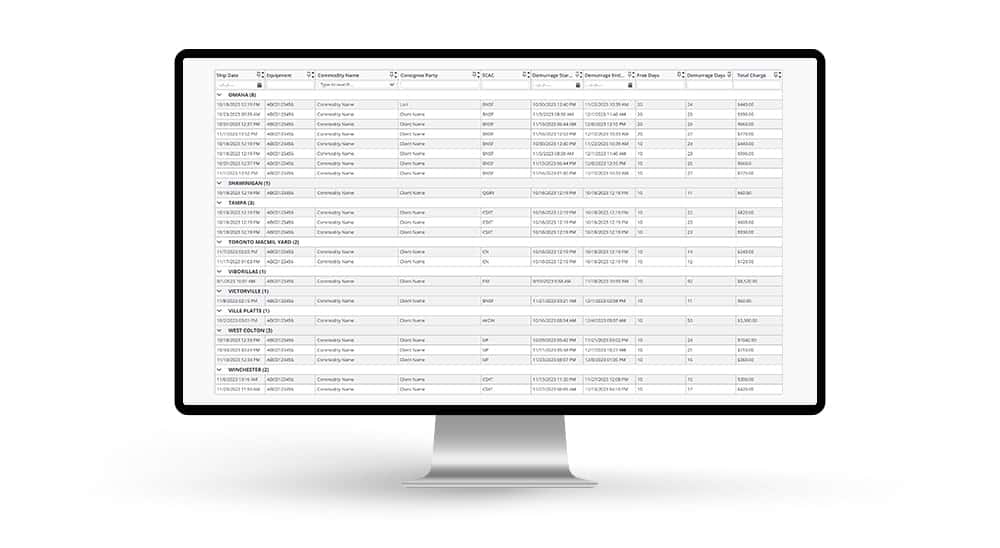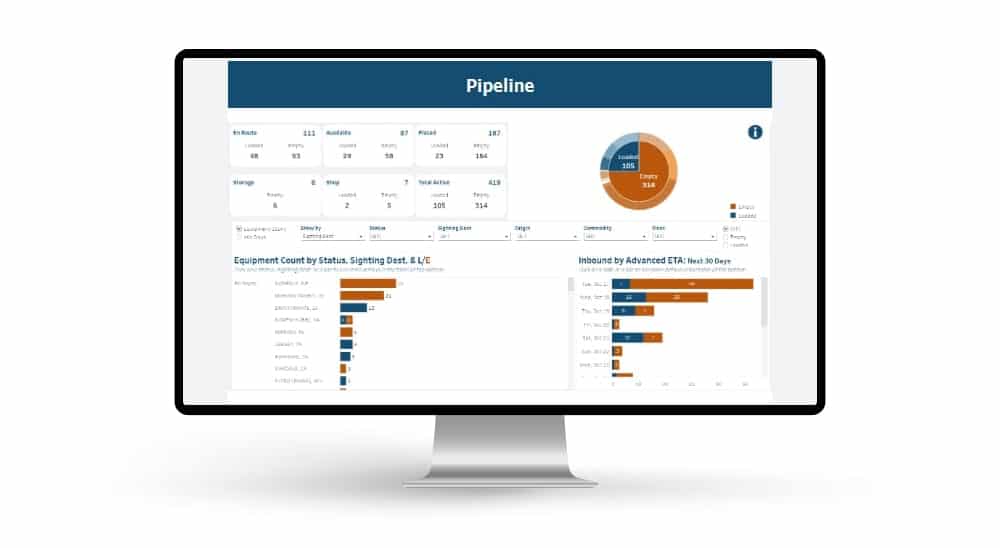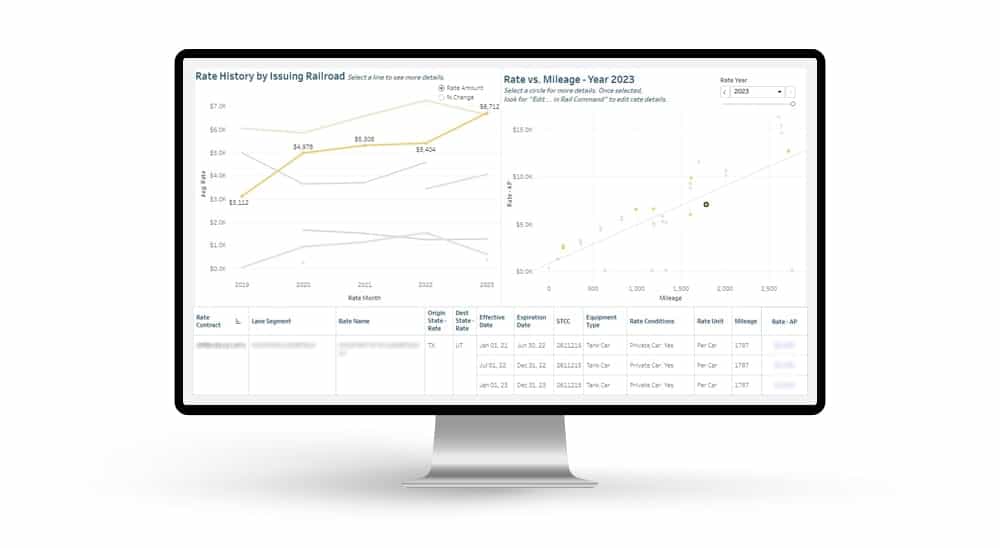Canadian National Railway Company Announces Amendments to Its Carbon Surcharge Program: What You Need to Know About the New Charges
As sustainability and environmental responsibility continue to take center stage in global business practices, industries around the world are adapting to regulatory changes and carbon pricing initiatives. In a recent announcement, the Canadian National (CN) revealed amendments to the carbon charges as part of their carbon surcharge program, a move that will impact anyone utilizing rail as part of their supply chain.
As a company that relies heavily on fuel for its operations, the cost of carbon emissions has long been a key consideration for the CN. For years, the railroad has implemented a carbon surcharge to cover the costs associated with carbon emissions and fuel consumption. The latest changes reflect evolving federal and provincial regulations as well as the company’s ongoing commitment to sustainability.
Table of Contents
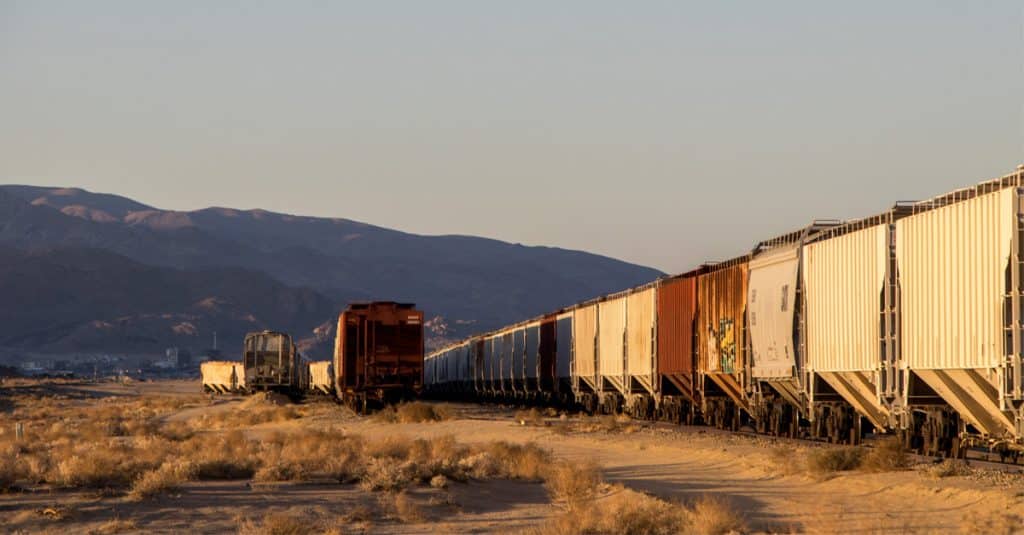
The Program and Carbon Charges
What is the CN’s Carbon Surcharge Program and Carbon Charges?
Before examining the changes, it is important to understand the purpose of the CN’s carbon surcharge program. The program was introduced as part of Canada’s broader efforts to reduce greenhouse gas emissions through carbon pricing. The surcharge is applied to freight rates to account for the carbon emissions associated with the fuel use that powers CN’s locomotives.
The surcharge is a carbon charge that serves as a mechanism for passing on the costs of carbon emissions to customers, helping offset the carbon tax imposed on the CN by the government of Canada. The tax ensures that the CN can continue to operate efficiently while complying with Canada’s climate policies.
Amendments to the Program
The CN has made several key amendments to its carbon surcharge program, largely in response to changes in Canada’s federal carbon pricing system and the company’s broader goals to align with sustainability practices.
Here’s what we know about the amendments:
- Updated Surcharge Structure:
- The company has adjusted its carbon surcharge structure, reflecting changes in the carbon pricing framework. This might include alterations in how the surcharge is calculated, how often it is updated, and which specific fuel types and emissions are being factored in.
- Impact of Provincial Carbon Pricing:
- While Canada’s federal carbon tax system is being phased out, provinces like British Columbia, Quebec, and Alberta continue to maintain their own carbon pricing systems. The CN’s amendments to the surcharge will likely account for these provincial differences, meaning the surcharge could vary depending on the location of shipments. This will allow the CN to remain compliant with provincial regulations while maintaining a fair and transparent pricing model for its customers.
- Environmental Sustainability Focus:
- In addition to addressing regulatory changes, CN’s revised carbon surcharge program reflects its commitment to sustainability. The company has outlined plans to continue investing in greener technologies. These amendments are designed to balance environmental objectives with the financial realities of running a large-scale transportation network.
- Transparency and Communication:
- One of the key elements of the changes is the improved transparency in the calculation process for the carbon charges. The CN has promised to provide more detailed and timely information about how the surcharge is applied, allowing you to better understand the costs associated with their shipments.
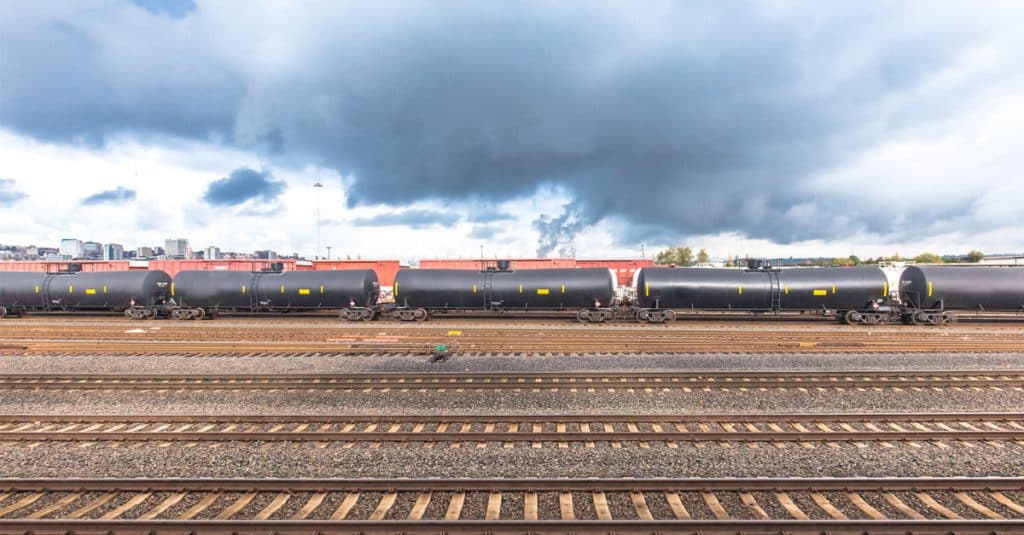
What do the Carbon Charge Changes Mean for CN Customers?
For customers of CN, the amendments to the carbon surcharge program may bring both challenges and opportunities:
1 Cost Adjustments:
Depending on the specific adjustments made to the carbon surcharge, customers may see changes in the cost of shipping goods by rail. These changes will reflect the fluctuating carbon pricing mechanisms at the federal and provincial levels, so customers should expect some variability in transportation costs.
- The BC carbon surcharge includes the provincial government’s carbon surcharge tax and the BC government’s Low Carbon Fuel Standard (BC LCFS). The carbon surcharge tax component will be set to $0.00 per mile or per unit, while the BC LCFS will remain unchanged per the tariffs issued effective April 1st, 2025. In the immediate term, you will continue to see Carbon Surcharge on your bill for the BC LCFS.
- The Quebec carbon surcharge remains unchanged as per the tariffs issued effective April 1st, 2025.
- The carbon surcharge for all other provinces (Alberta, Saskatchewan, Manitoba, Ontario, New Brunswick, and Nova Scotia) will be set to $0.00 per mile or per unit.
2 Increased Focus on Sustainability:
If your organization is committed to reducing your carbon footprint, these changes make it simpler to embrace cleaner technologies. Many businesses are now integrating sustainability goals into their overall business strategies, and working with a transportation partner that shares those values can be a competitive advantage.
3 Improved Customer Service:
With the increased transparency in the surcharge process, you will have better access to the data you need to assess and manage their logistics costs. This should improve overall customer satisfaction, making it easier for you to plan and manage your freight expenses.
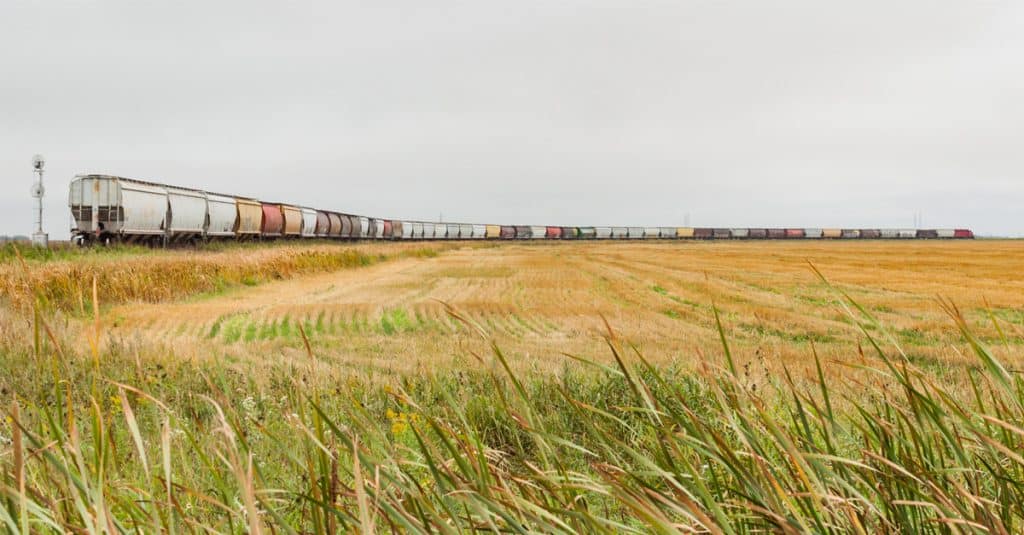
The amendments to CN Railway’s carbon surcharge program and their carbon charges represent a significant shift in how the company is addressing carbon emissions and sustainability in the face of evolving regulatory environments. By revising its surcharge structure, the CN is not only complying with the latest government policies but also reinforcing its commitment to greener and more efficient operations.
